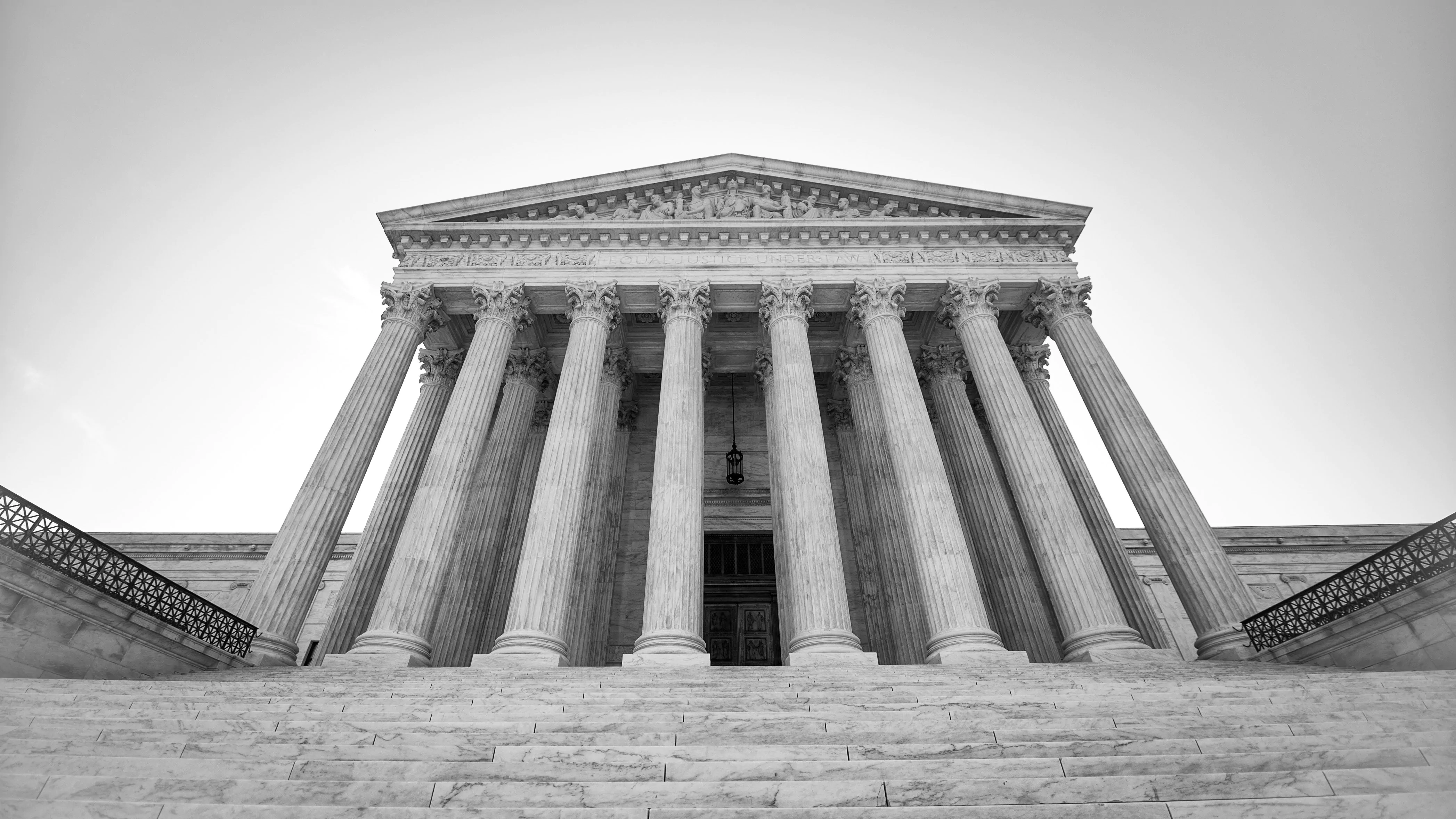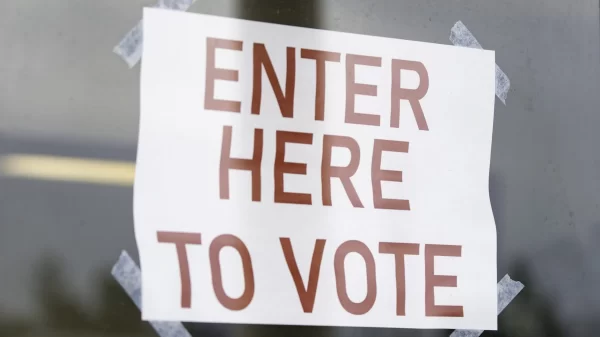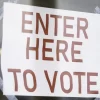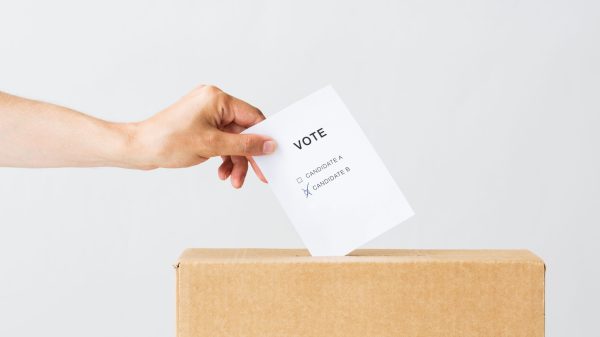Monday the U.S. Supreme Court ruled in a narrow 5-4 ruling that the state of Ohio could proceed with removing names from the voter rolls and that removing does not violate federal law, including the Voting Rights Act.
Alabama officials took note of Monday’s ruling.
Secretary of State John Merrill said, “I am pleased to see that the Supreme Court upheld the maintenance process used by Ohio to ensure voters rolls are the most accurate for voters on election day.”
“The process in Alabama is slightly different and requires voters miss two federal elections and then not respond to two consecutive mailers which are sent to voters to attempt to ensure the most up-to-date address information is on file with the voter registration system,” Merrill said. “We have made it our mission in the Alabama Secretary of State’s Office to not only ensure every Alabamian is a registered voter with a photo id but also that the voter information contained within our voter rolls is the most accurate an up-to-date. This process allows us to contact voters to ensure that information is accurate.”
State Auditor Jim Zeigler said, “This ruling by the new constitutionalist majority on the Supreme Court will hurt turnout in Chicago and other places where dead voters are an important constituency. This is a setback to Anti-Trumpers hoping to defeat him in 2020. In Alabama, we are making it easy to vote but hard to cheat.”
The Supreme Court on Monday ruled that Ohio’s method of removing names from its voter rolls does not violate federal law.
At least six other states have similar laws to Ohio’s, and the ruling could lead to other states passing similar legislation to modernize and update their voter rolls.
Ohio law allows the state to send address confirmation notices to voters who have not engaged in voter activity for two years. If a voter returns the notice through prepaid mail, or responds online, the information is updated. If the notice is ignored and the voter fails to update a registration over the next four years, the registration is canceled.
“We have no authority to second-guess Congress or to decide whether Ohio’s supplemental process is the ideal method for keeping its voting rolls up to date,” Justice Samuel Alito wrote for the majority. “The only question before us is whether it violates federal law.”
Ohio Secretary of State Jon Husted, a Republican, said the ruling is a “validation” of the state’s law.
“Today’s decision is a victory for election integrity, and a defeat for those who use the federal court system to make election law across the country,” Husted said in a statement. “This decision is validation of Ohio’s efforts to clean up the voter rolls and now with the blessing nation’s highest court, it can serve as a model for other states to use.”
In September 2016, a federal appeals court ruled against Ohio, saying that 7,515 ballots that had been struck could be cast in the that fall’s election. Donald Trump carried Ohio anyway. The state appealed the decision by the federal appeals judge. Trump appointee Neal Gorsuch voted with the majority.
Merrill has said repeatedly that he wants, “To make it easy to vote, but hard to cheat.”




















































